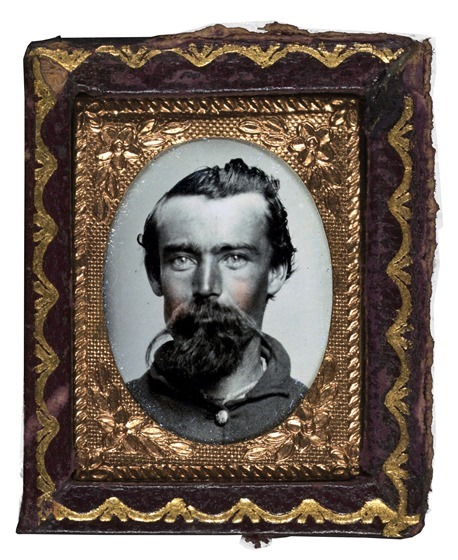August 15, Saturday. Certain persons in Boston have an innate conviction that they can improve the administration of the Navy Department. They are never united among themselves as to how this is to be effected, but all are fond of criticism. They always claim that they expected this thing would fail or that would succeed after the event occurred. I must do them the justice to say, however, that with all their grumbling and faultfinding they have generally given me a fair support. In special cases, where I have been lectured, I have invariably found there was an axe to grind, a purpose to be accomplished. Some one, or more, important personage has had suggestions to make, and for a consideration — never omitting that—would consent to help along the work of putting down the Rebellion. These have been the captious ones.
A man by the name of Weld has written a long letter to Governor Andrew. He wants the Governor to aid the Navy Department by writing to the President to form a Naval Board in Massachusetts, with authority to build vessels, fast steamers, such as Massachusetts can build, steamers which will capture or destroy the Alabama, and allow the Massachusetts Board to commission the officers. If there is no appropriation, says good Mr. Weld, take the necessary funds from the Secret Service money. Mr. Weld informs Governor Andrew he is ready to be employed. Governor Andrew indorses over the letter. He also indorses Mr. Weld, who is, he says, one of the most eminent shipbuilders in Massachusetts, and he (Governor A.) is ready to cooperate with Mr. Weld in his patriotic suggestions, etc., etc., etc. This is Boston all over. I have had it from the beginning and periodically. The Welds, etc., from the commencement of hostilities, have prompted and promised almost anything, only requiring the Government to give them power and foot the bills.
I had to-day a very full and interesting account of the campaign and fall of Vicksburg from General F. P. Blair, who has done good service in the field and in politics also. He was a fearless pioneer in the great cause of the Union and breasted the storm in stormy Missouri with a bold front. Of the factions and feuds in St. Louis I pretend to no accurate knowledge, and am no partisan of or for either. Frank is as bold in words as in deeds, fearless in his utterances as in his fights; is uncalculating, — impolitic, it would be said, — rash, without doubt, but sincere and patriotic to the core. I detect in his conversation to-day a determination to free himself from personal and local complications, and if possible to reconcile differences. It is honorable on his part, but I apprehend he has materials to deal with that he cannot master.
G. W. Blunt came to see me. Ridicules Barney and all the government officials in New York but Wakeman. Says old General Wool made himself ridiculous in the mob difficulties. Calls him a weak old man. If weak, it is from age, for there is no one more patriotic. At eighty he was not the proper man to quell an outbreak. Blunt and others are sore over the removal of General Harvey Brown.. He is earnest to have the draft go forward, but says it will be followed by incendiarism. It may be so. Blunt is ardent, impulsive, earnest, and one-sided.












